Causes and Vital Prevention Tips on Teeth Erosion
.avif)

Understanding Tooth Decay
Tooth decay is a prevalent dental issue that affects people of all ages. It is crucial to understand the causes and effects of tooth decay to implement effective prevention strategies.
Causes of Tooth Decay
Tooth decay begins when foods containing carbohydrates are left on the teeth. Bacteria in the mouth convert these carbohydrates into acids, resulting in the dissolution of the tooth's enamel and leading to cavities.
The following factors significantly contribute to tooth decay:
FactorDescriptionCarbohydratesTurned into acids by bacteria, leading to enamel erosion.SugarsHigher sugar content equals greater potential for decay.Acidic BeveragesSoft drinks and similar drinks contribute to acidity and erosion.
Effects of Tooth Decay
Tooth decay can have numerous adverse effects on oral health. If not addressed, it can lead to:
The importance of preventative dentistry cannot be overstated, as it helps to avert issues associated with tooth decay and maintain oral health. For further insights into maintaining a healthy mouth, see our articles on how to take care of your teeth daily and importance of regular teeth cleaning.

Preventative Measures for Tooth Decay
Tooth decay can lead to severe dental issues if not addressed. Understanding and implementing effective preventative measures is essential.
Chewing Gum and Xylitol
Chewing gum, particularly those containing xylitol, can be beneficial in the fight against tooth decay. One study found that gum with xylitol can temporarily slow the growth of bacteria that cause cavities [1]. Chewing gum stimulates saliva production, which helps wash away food particles and neutralize acids in the mouth.
BenefitEffectBacteria GrowthSlows down with xylitolSaliva ProductionIncreased, helping to cleanse the mouth
Fluoride Treatments
Fluoride plays a vital role in strengthening teeth and preventing decay. The most common treatment for early-stage enamel erosion is topical fluoride, which helps to strengthen the enamel and halt further deterioration, although it does not reverse tooth erosion [6]. Dentists may offer fluoride treatments during routine visits, and products with the ADA Seal of Acceptance indicate their efficacy and safety.
There are also ongoing studies exploring materials that slowly release fluoride over time, aiming to provide continuous protection against decay.
Fluoride TreatmentPurposeTopical FluorideStrengthens enamel, prevents further erosionContinuous Release ProductsSustained protection
Reversal of Early Cavities
Recent advancements in dental care suggest the potential for reversing early cavities. There are ongoing research projects into toothpastes and mouth rinses capable of "healing" early cavities, offering a promising preventative measure against tooth decay. This highlights the importance of regular dental check-ups to detect any early signs of cavities.
Preventing tooth decay is crucial. Maintaining good oral hygiene practices and having regular dental visits are effective ways to keep teeth and gums healthy. For tips on maintaining oral hygiene, refer to our article on how to take care of your teeth daily. Additionally, understanding the common reasons for tooth decay can help in identifying and mitigating risks associated with enamel erosion and decay.

Importance of Preventative Dentistry
Preventative dentistry is vital for maintaining oral health and preventing complications that can arise from dental issues. This proactive approach focuses on avoiding problems before they develop, leading to better overall health.
Maintaining Oral Health
Preventative dentistry plays a crucial role in maintaining a healthy mouth. Regular dental check-ups and good oral hygiene practices can help prevent issues such as cavities, gum disease, and bad breath. According to the Cleveland Clinic, maintaining oral health is essential for preventing these problems before they escalate. Excellent oral hygiene techniques, including daily brushing and flossing, support not only the health of teeth and gums but also contribute to maintaining a beautiful smile.
Preventative MeasuresBenefitsRegular Check-upsEarly detection of dental issuesDaily Brushing and FlossingReduces plaque buildupHealthy DietSupports strong teeth and gums
Link Between Oral Health and Overall Health
The link between oral health and overall health is significant. Infections in the mouth can have systemic effects, potentially leading to serious conditions such as heart disease and stroke if left untreated. Preventative dentistry, encompassing regular dental care, helps mitigate these risks by maintaining good oral health [5].
Maintaining oral health is not solely focused on preventing issues like cavities and gum disease; it is equally about safeguarding broader health concerns. Excellent oral hygiene practices are essential for overall well-being, reinforcing the importance of actively participating in preventative dental care. For further information about maintaining good hygiene, check our article on how to take care of your teeth daily?.
Role of Regular Dental Visits
Maintaining a consistent schedule of dental checkups is essential for promoting optimal oral health. Regular dental visits play a significant role in the early detection and treatment of potential problems, such as tooth erosion, cavities, and gum disease.
Early Detection and Treatment
One of the most crucial aspects of regular dental visits is the ability to identify oral health issues in their initial stages. Early detection allows for timely intervention, which can prevent more severe complications down the line. According to the Cleveland Clinic, dentists can spot early signs of tooth erosion, which affects nearly 50% of primary teeth and up to 45% of permanent teeth. These conditions could lead to cavities or infections if left untreated.
Type of Dental IssueDetection Rate with Regular VisitsTooth ErosionHighCavitiesHighGum DiseaseModerate-High
The American Dental Association recommends that individuals have dental checkups at intervals determined by their dentist, often every six months. However, those predisposed to cavities or gum disease may require more frequent visits to monitor their oral health effectively.
Routine Dental Exams
Routine dental exams are designed to comprehensively assess an individual’s oral health. During these appointments, a dentist will perform examinations, take X-rays if necessary, and provide professional cleanings to remove plaque and tartar buildup. This preventive care helps to avoid complications that arise from untreated dental issues.
Regular checkups are essential for understanding different aspects of oral care, including how diet affects your teeth health and the importance of regular teeth cleaning. The overall goal is to help patients maintain their oral hygiene effectively and avoid common conditions such as tooth sensitivity. Regular dental visits also provide an opportunity to discuss proper oral hygiene practices, including how to take care of your teeth daily?.
By prioritizing regular dental visits, individuals can ensure they receive the necessary care to protect their smile from decay and erosion, while also contributing to their overall health. Taking the time to foster good relationships with dental professionals can lead to a more informed and proactive approach to personal oral health.
Practices for Excellent Oral Hygiene
Maintaining excellent oral hygiene is essential for preventing dental issues, including tooth erosion. Daily brushing and flossing play a vital role in protecting teeth and gums while ensuring a beautiful smile.
Daily Brushing and Flossing
Brushing teeth twice a day and after meals is crucial for removing plaque, which contains bacteria that convert starchy foods into acids, leading to enamel erosion. It is recommended to use a soft-bristled toothbrush and fluoride toothpaste to help protect enamel. Here's a brief routine to follow:
StepAction1Brush for 2 minutes, focusing on all surfaces of each tooth.2Floss daily to remove plaque and food particles between teeth.3Rinse with mouthwash to kill bacteria and freshen breath.
In addition to brushing and flossing, it is also important to substitute sugary snacks with foods that are good for your teeth to minimize plaque formation.
Protecting Teeth and Gums
Good oral care extends beyond just brushing and flossing. Here are some additional practices to help maintain oral health:
By integrating these practices into daily life, individuals can significantly reduce the risk of tooth decay and erosion. For more comprehensive guidelines on maintaining a healthy smile, visit our article on how to take care of your teeth daily?.
Enamel Erosion Overview
Common Prevalence of Tooth Erosion
Tooth erosion is a widespread dental issue that affects individuals across all age groups. Research indicates that nearly 50% of primary (baby) teeth and up to 45% of permanent (adult) teeth are impacted by this condition, highlighting its commonality in the population [6].
A global prevalence study has estimated varying rates of erosion, showing that the mean prevalence in deciduous teeth ranges from 30% to 50%, and in adult permanent teeth, from 20% to 45%. In the United States, approximately 45.9% of children and up to 80% of adults experience erosive tooth wear.
Age GroupMean Prevalence of ErosionPrimary Teeth30% - 50%Permanent Teeth20% - 45%U.S. Children45.9%U.S. AdultsUp to 80%
Impact of Untreated Erosion
Untreated enamel erosion leads to progressive and irreversible loss of mineralized tooth substance, making it imperative for individuals to adopt preventive strategies. Short-term effects may include increased tooth sensitivity and discomfort. If left unaddressed, the erosion can further lead to structural damage to the teeth, including chips and fractures.
Intervention strategies are crucial in managing tooth erosion. These include lifestyle and dietary adjustments, restorative treatments to halt the progression of erosive lesions, and protective measures such as fluoride treatments to safeguard dental enamel [4].
Preventive measures are essential since enamel cannot be regrown once it is lost. Important factors to reduce erosion risk encompass limiting acidic foods and beverages, maintaining proper oral hygiene, and ensuring regular dental checkups. For more information on how diet can affect teeth health, visit our page on how diet affects your teeth health or read about what is enamel and how to protect it?.
References
[2]:
[3]:
[4]:
[5]:
[6]:
[7]:
[8]:
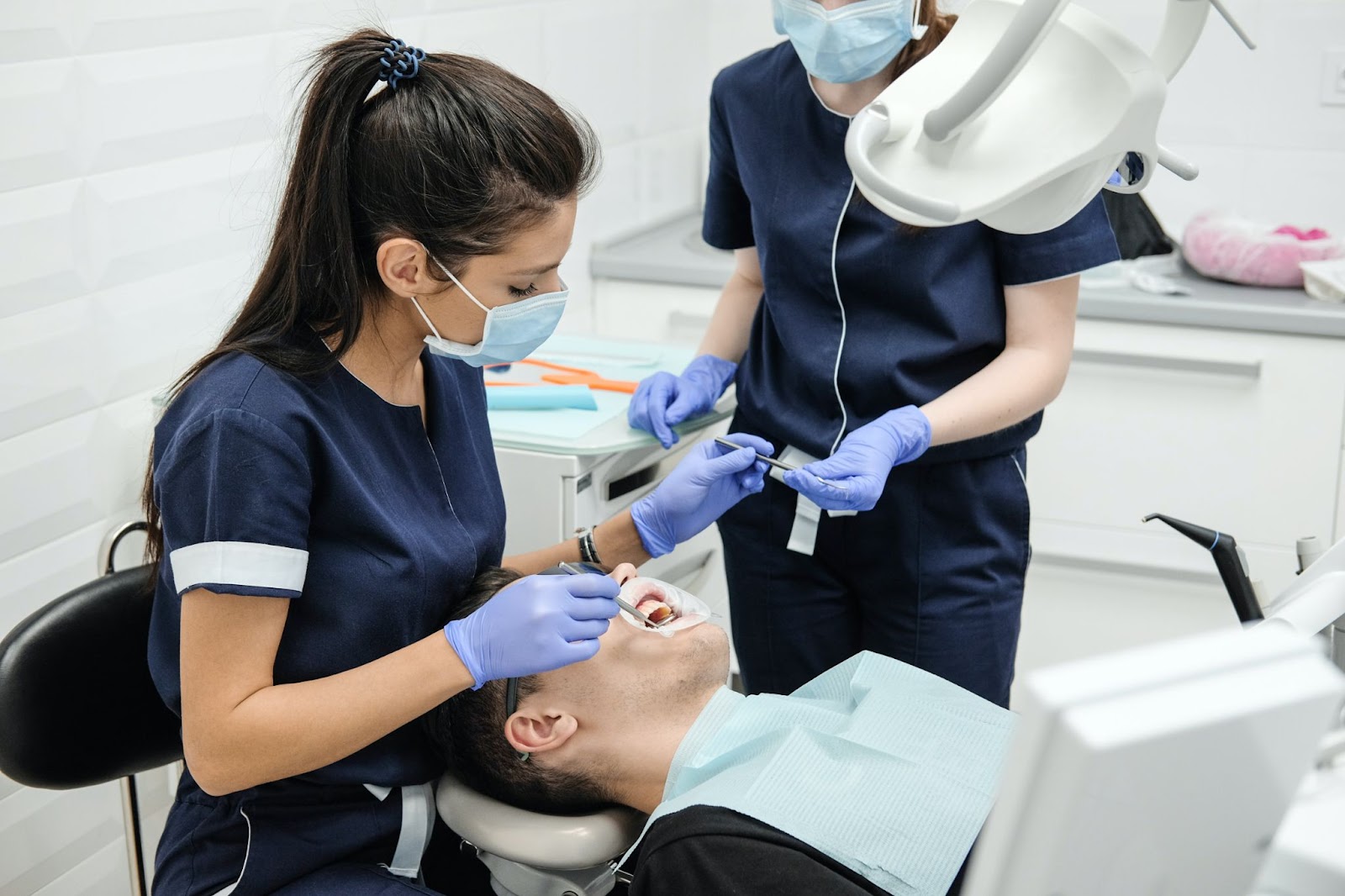





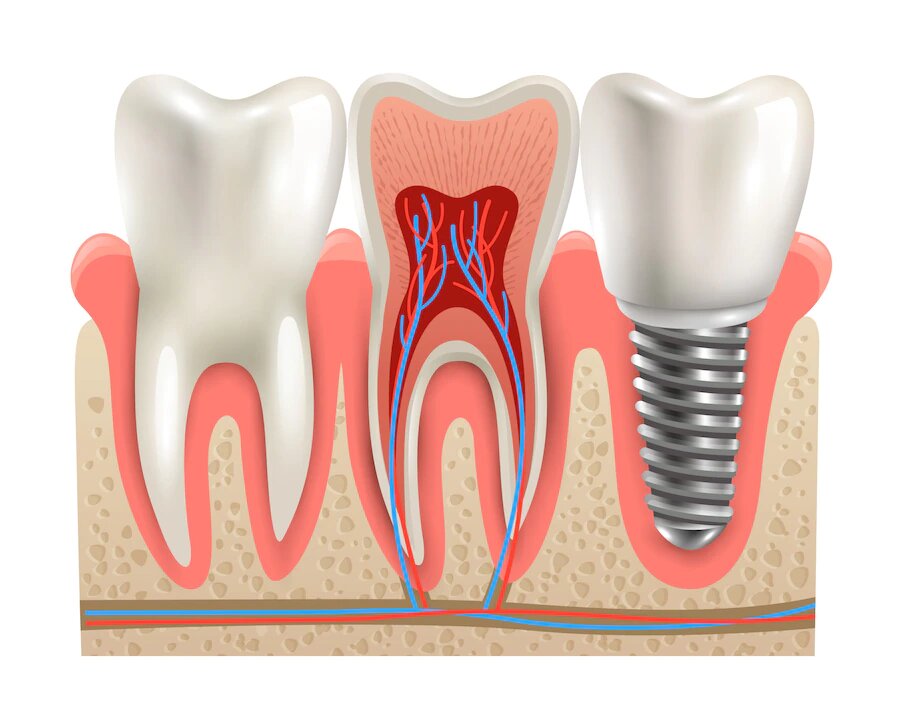
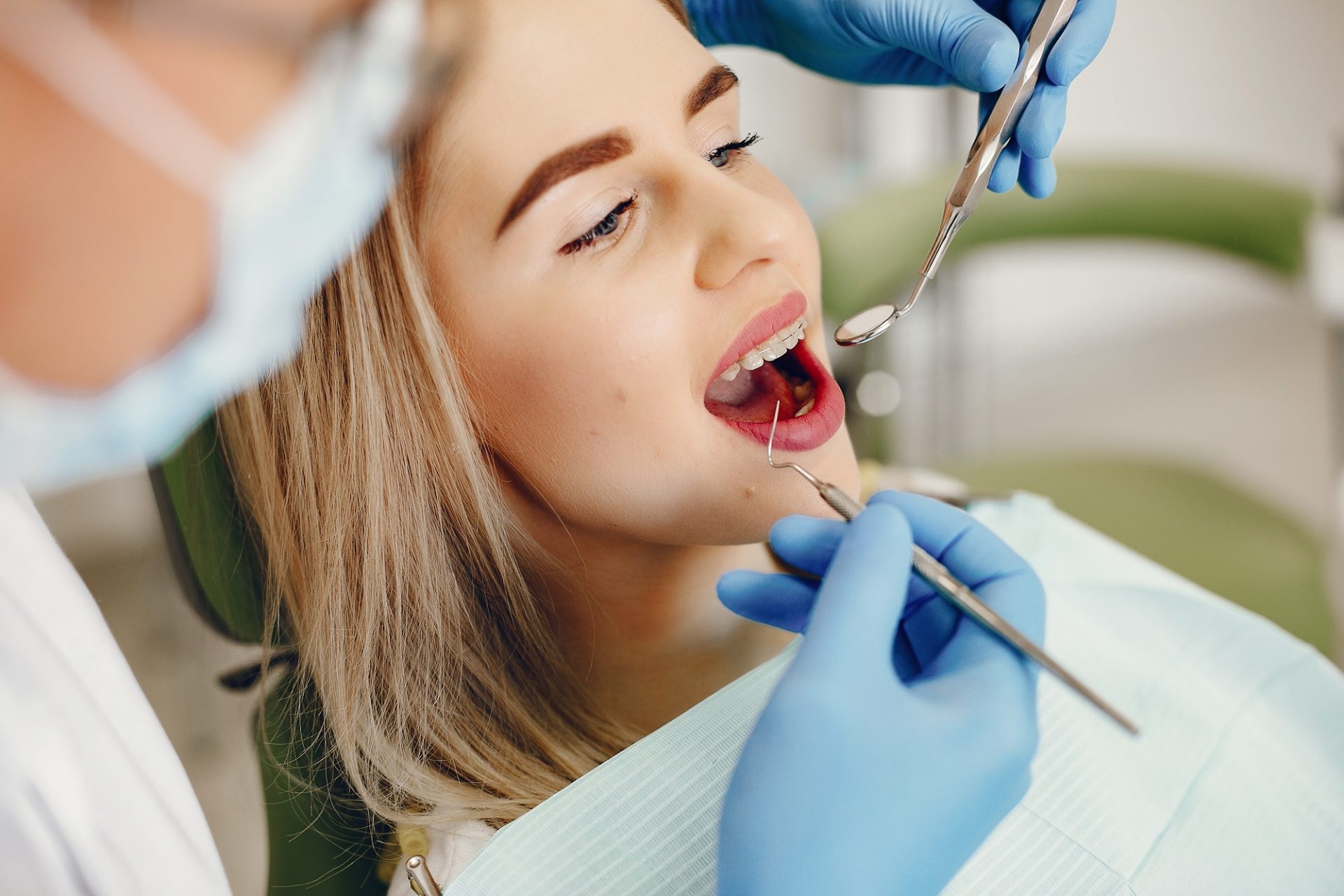









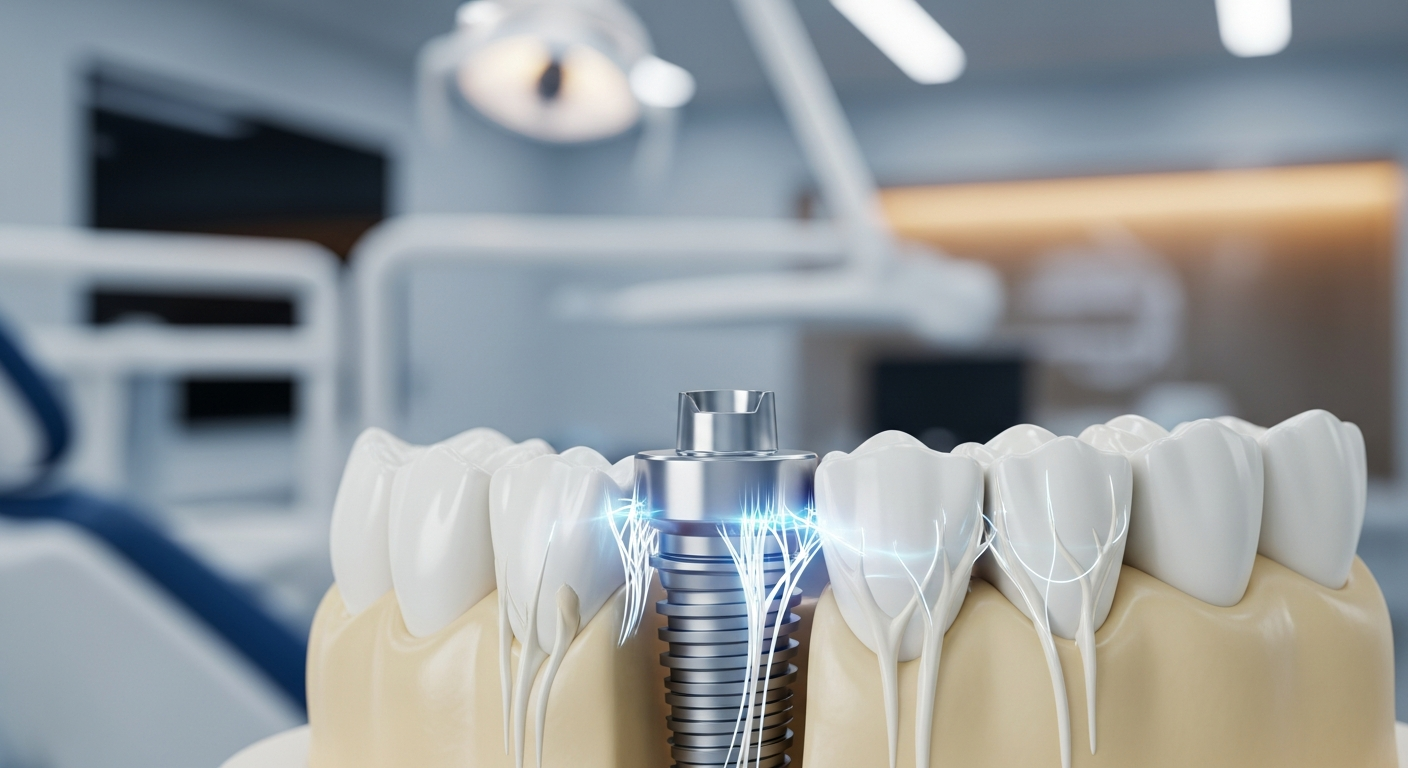
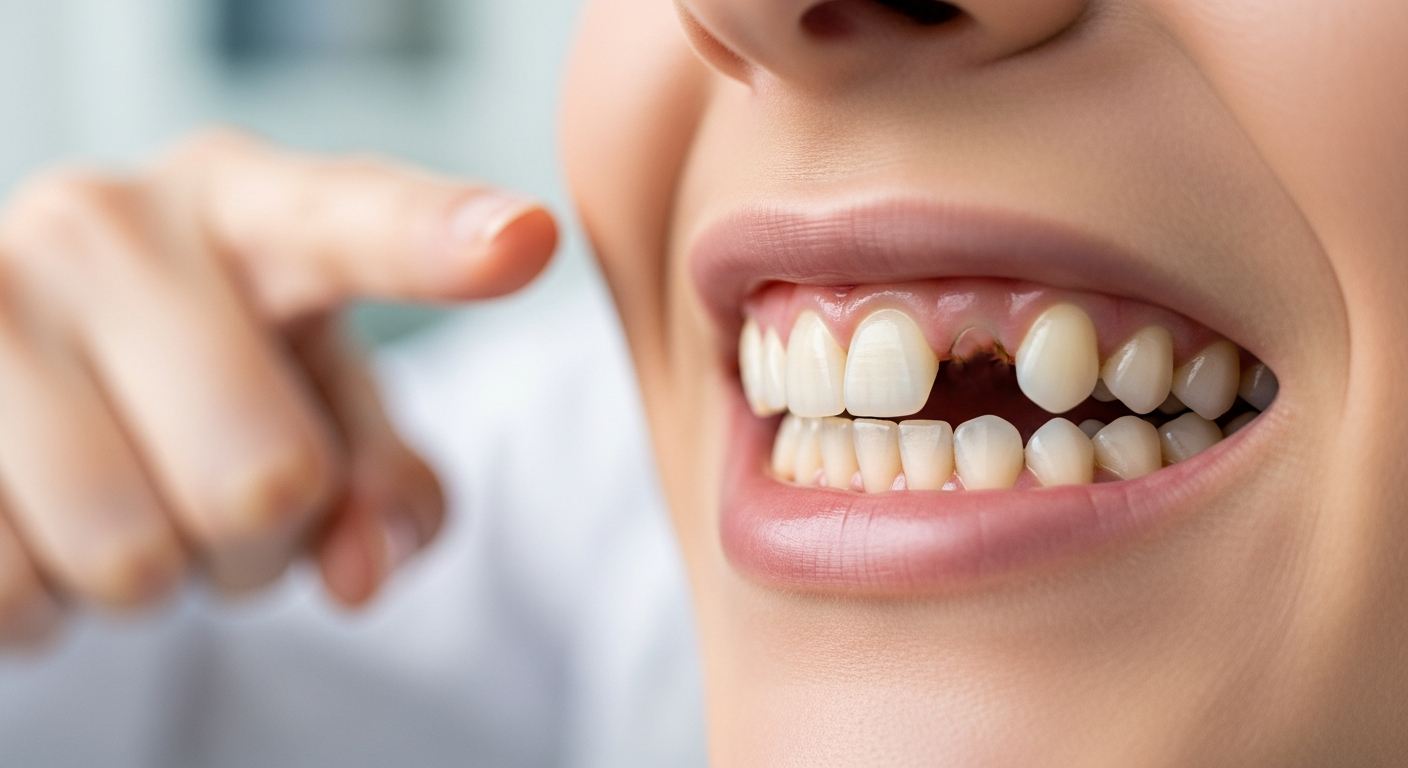





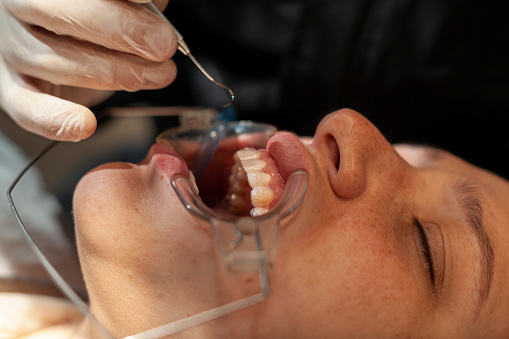

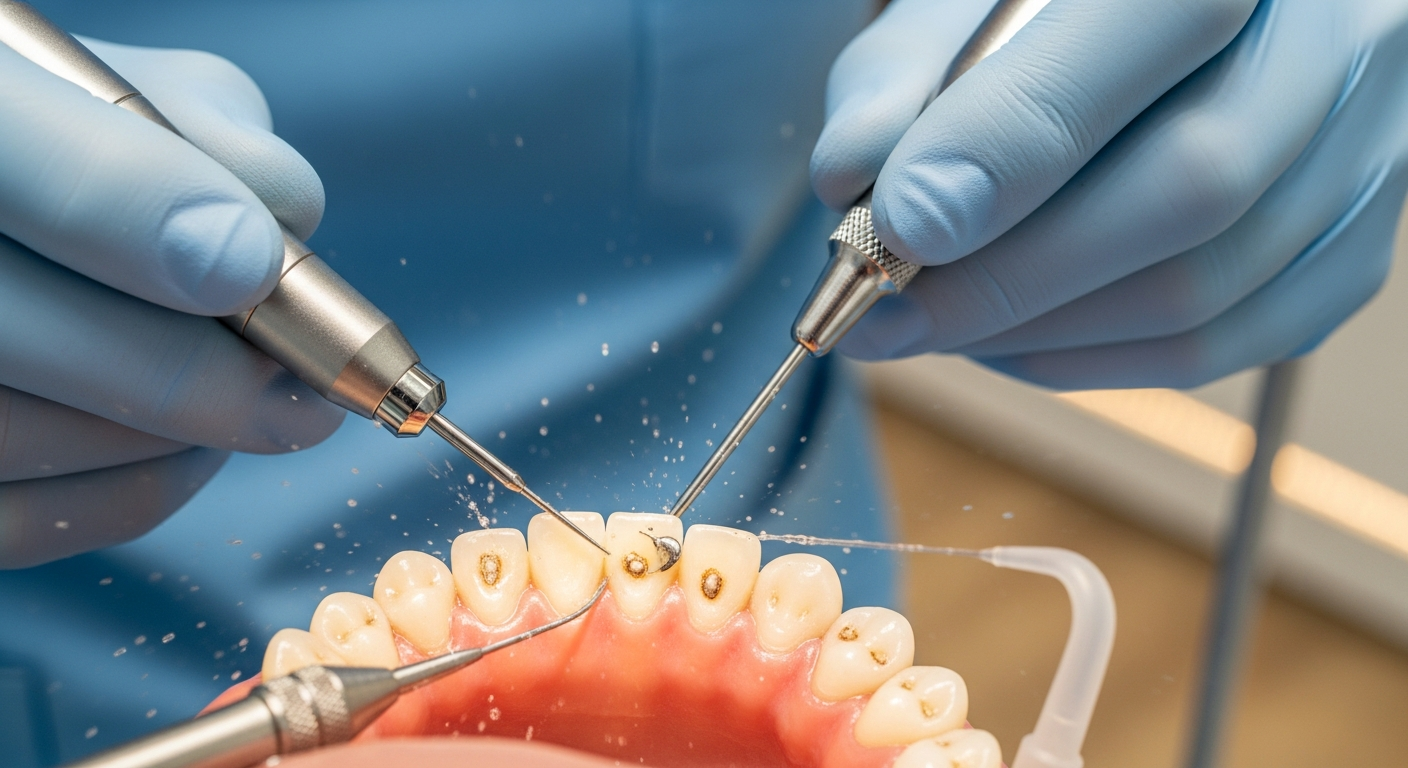


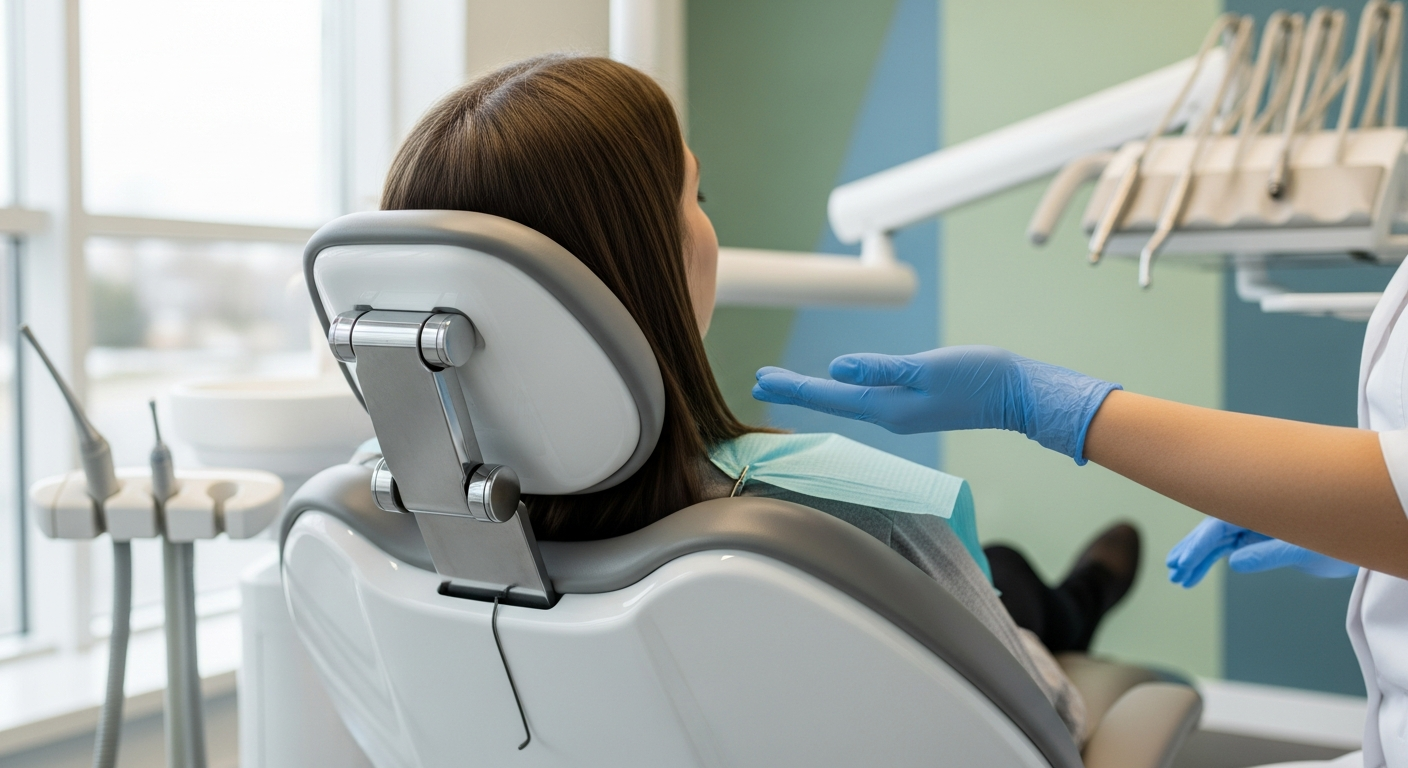

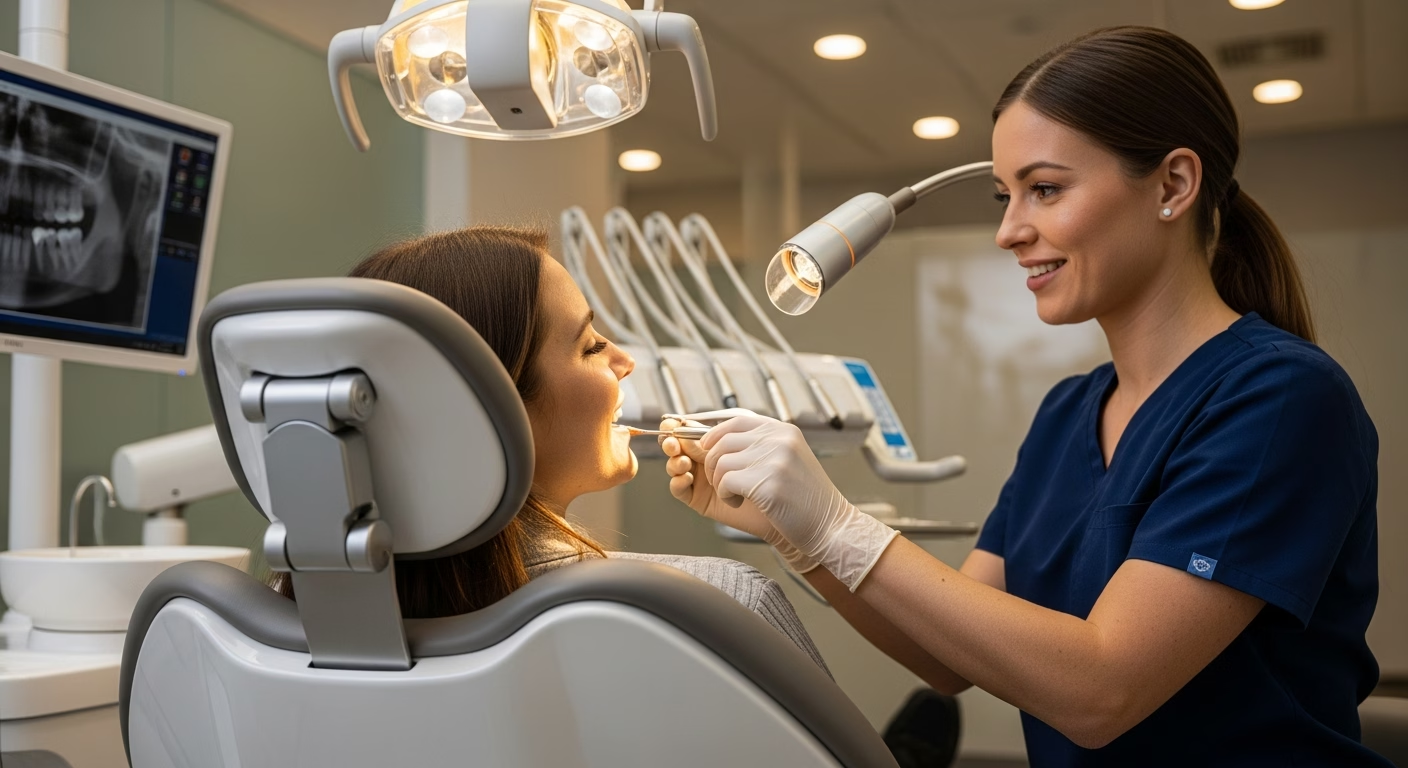
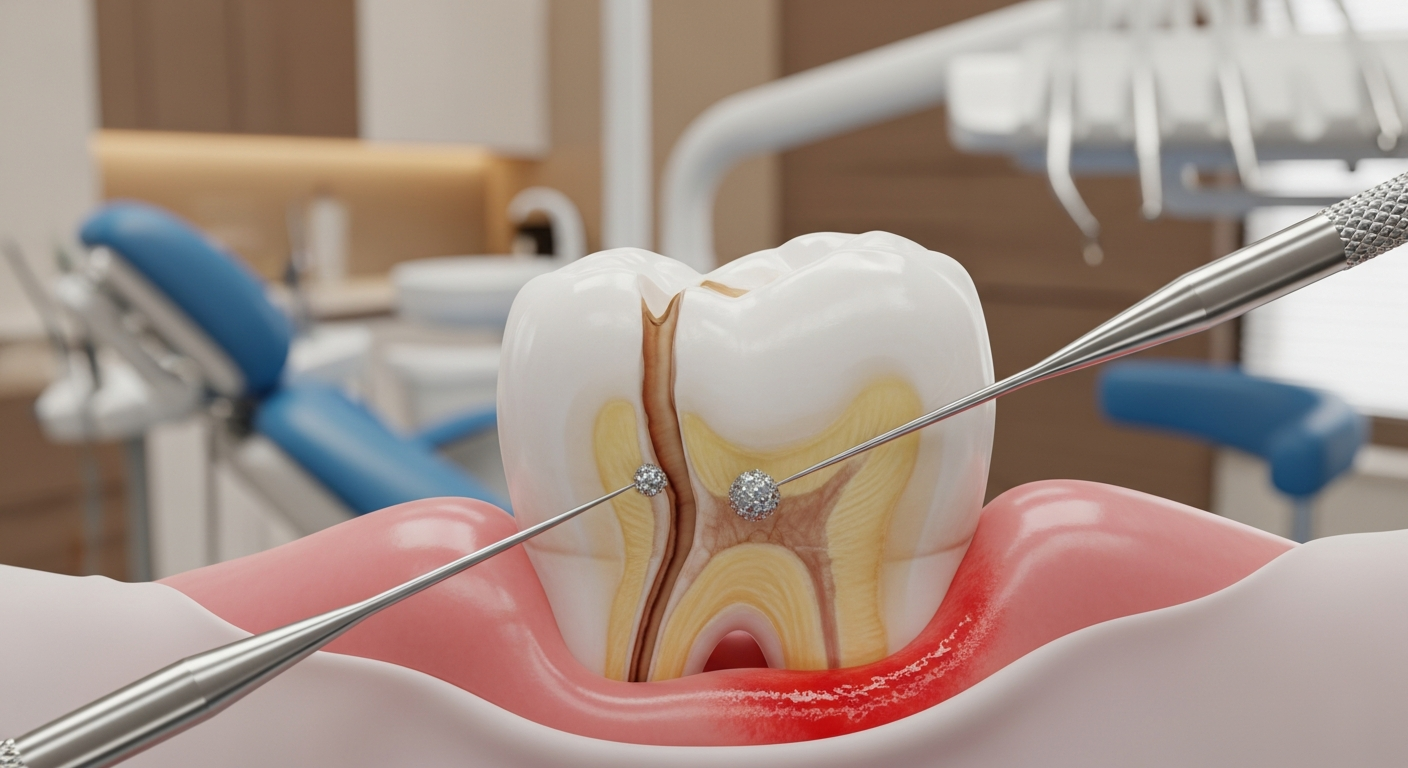




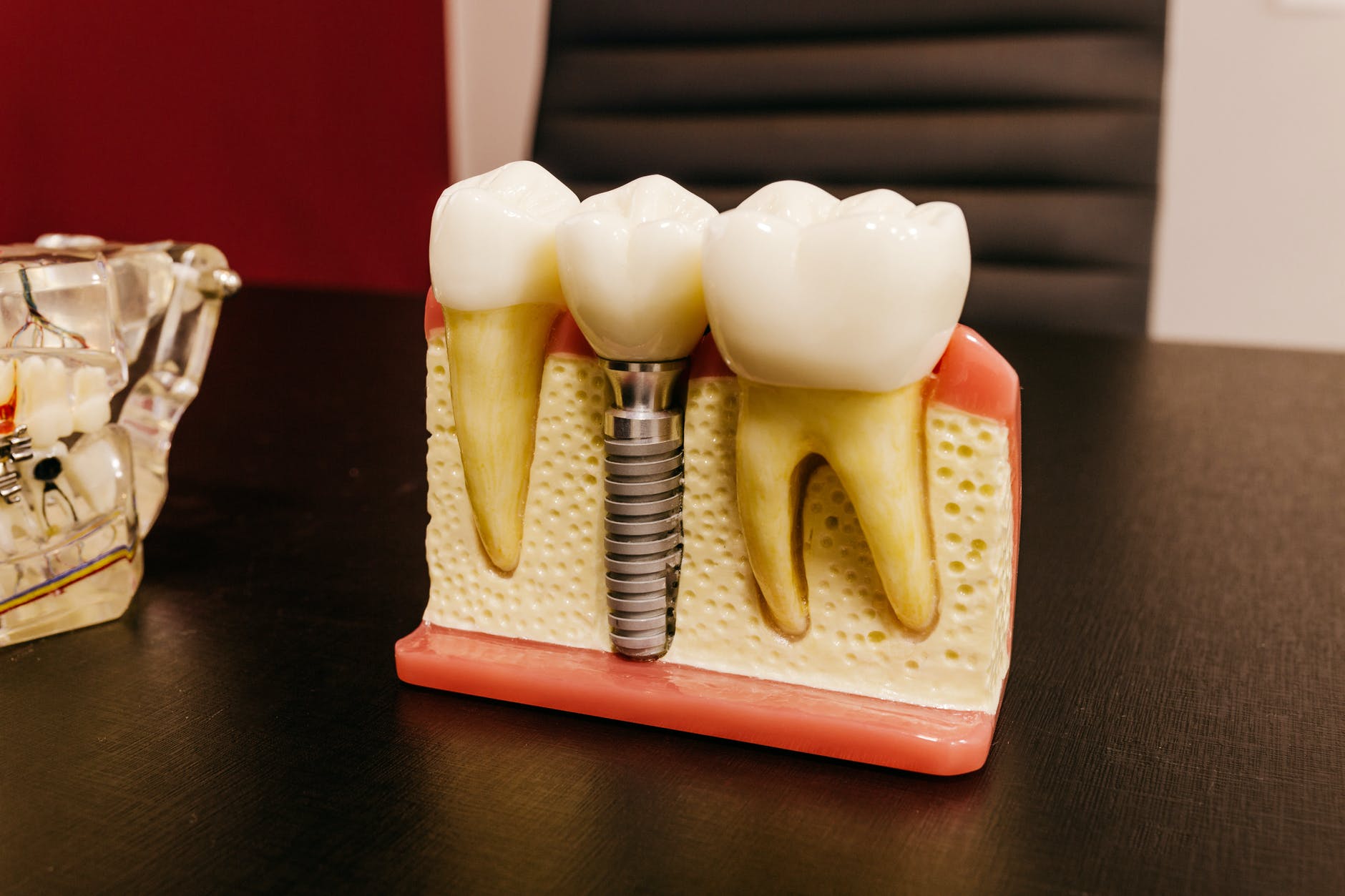


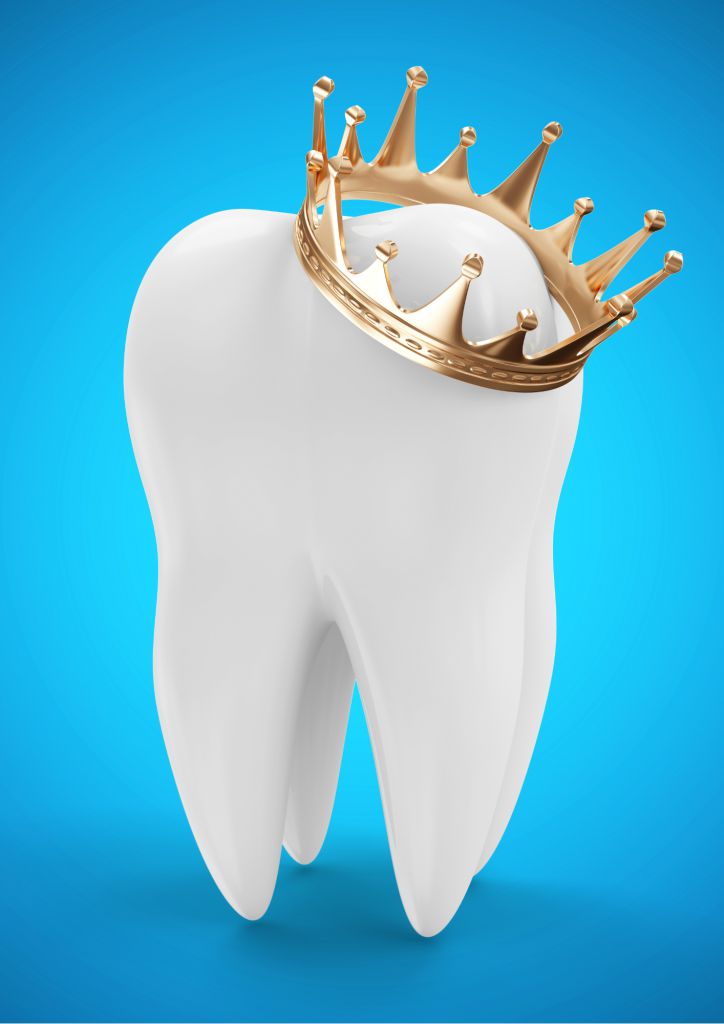



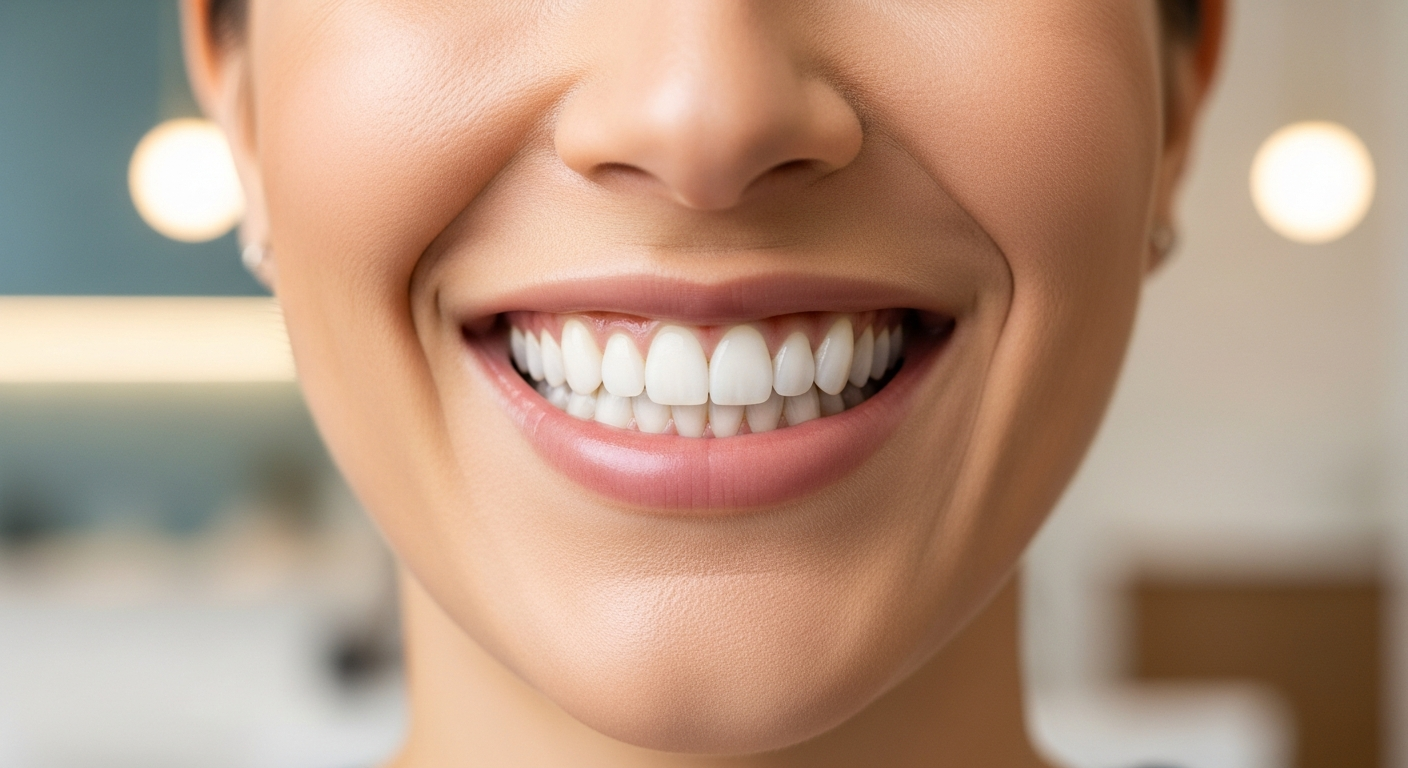



.avif)


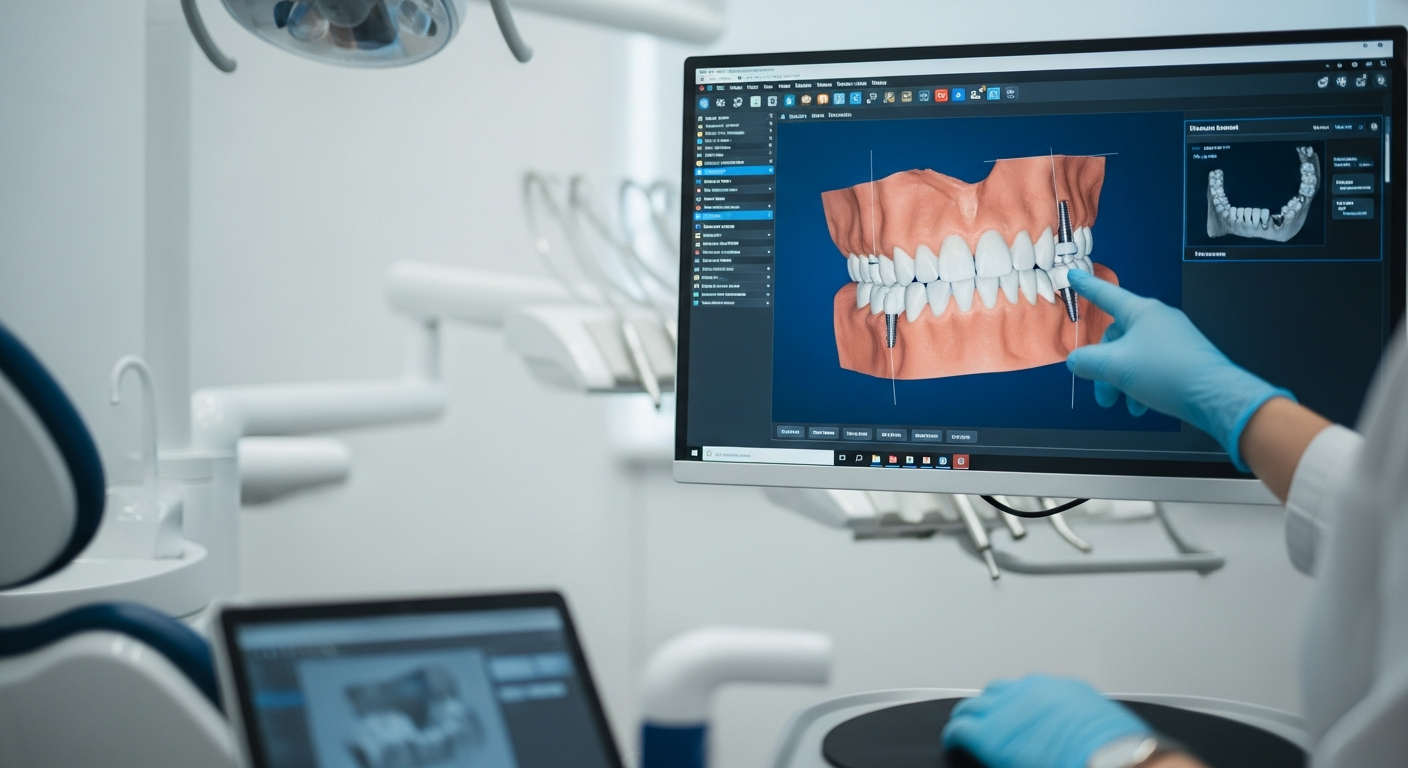



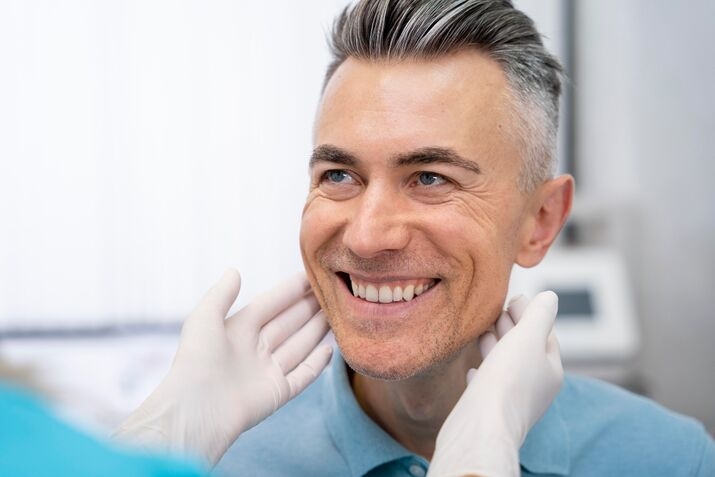
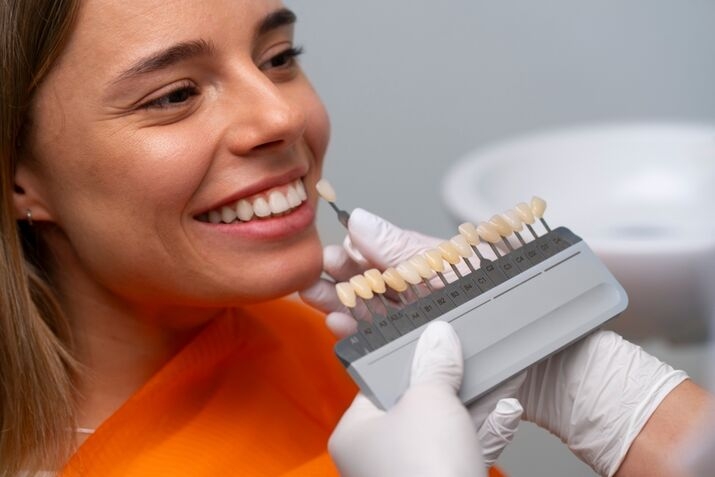
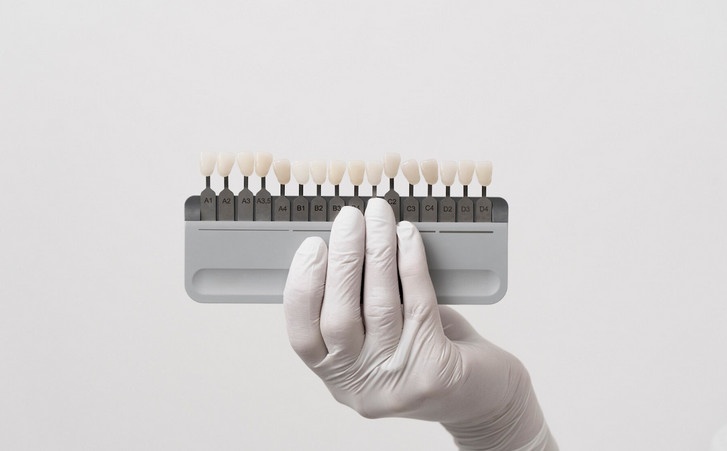

.jpg)




































.jpg)



